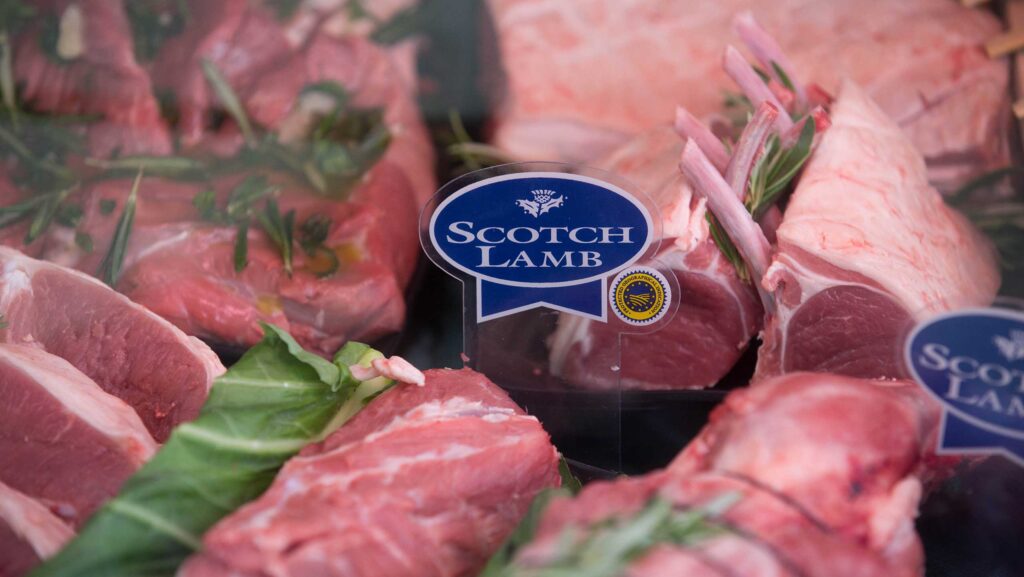Supermarkets alerted to £500m potential of Scottish produce
 © Tim Scrivener
© Tim Scrivener NFU Scotland is urging major supermarkets to boost support for Scottish produce after research found only 17% of own-label products are Scottish – highlighting a £500m missed opportunity for local farmers and crofters.
The findings come from the union’s year-long ShelfWatch initiative, which surveyed almost 300 stores across eight major retailers – Aldi, Asda, Co-op, Lidl, M&S Food, Morrisons, Sainsbury’s and Tesco – during 2024 and early 2025.
Despite strong overall backing for UK produce, with 63% of products sourced from within the UK, the report exposes stark disparities in support for Scottish goods.
Aldi led the way with an average of 40% Scottish-sourced products, followed by Lidl at 30%, while Sainsbury’s and M&S lagged behind.
See also: ‘Decline’ in support for Scottish produce in supermarkets
NFU Scotland (NFUS) president Andrew Connon described the overall results as “disappointing” and “very mixed” across retailers.
He praised Aldi and Lidl for their “ongoing commitment” to Scottish produce but stressed that “no real improvement” was seen across the board.
But he added: “ShelfWatch has delivered vital insight.
“Our clear message to retailers is that by working together, we have a golden opportunity to support Scotland’s farmers and crofters as well as giving their customers more of what they want.”
The union believes that increasing Scottish sourcing by just 12% could unlock half a billion pounds in value for Scotland’s agriculture sector.
To realise this, NFUS has written to all eight retailers with a five-point action plan focused on prioritising local sourcing, improving promotion and labelling, and ensuring fairness in pricing and branding.
‘Troubling’ rise in imports
Mr Connon warned that a 6% rise in imported goods during 2024 was a troubling trend that risks undermining local producers.
Across specific products, the report found high Scottish support for eggs (76%) and beef (53%), while categories such as pork (8%) and cheese (4%) fared significantly worse.
Supermarkets were also criticised for unclear labelling and the commingling of Scottish and imported items on shelves.
“We’ve identified the key areas for action,” Mr Connon said.
“If we get it right, the results could be transformational. But we also need effective government policy to give our members confidence to invest for the future.”
ShelfWatch will continue in 2025, with NFUS pledging to work closely with retailers to ensure Scotland’s larder gets the recognition it deserves.
